Sanctions removal talks should be based on mutual interests, bear tangible results: Iran FM
Iranian Foreign Minister Hossein Amir-Abdollahian says the remaining parties to the 2015 Iran nuclear deal, the Joint Comprehensive Plan of Action (JCPOA), should prepare themselves for negotiations over the removal of sanctions against the Islamic Republic on the basis of mutual interests, emphasizing that the talks must be accompanied by concrete results.
“The White House calls for negotiations with Iran and claims to be ready to return to the JCPOA. Yet it simultaneously imposes new sanctions on Iranian individuals & entities. We are closely examining Mr. [Joe] Biden's behavior,” he wrote in a series of posts published on his Twitter on Tuesday.
Amir-Abdollahian added, “The purpose of negotiations is not talking for the sake of talking, but to achieve tangible results on the basis of respect for mutual interests. The P4+1 should be ready for negotiations based on mutual interests & rights.”
The remarks came only a day after the spokesman for the Iranian Foreign Ministry said Tehran was waiting for the United States to adopt practical measures to remove its sanctions and return to its commitments under the JCPOA, stating that the Islamic Republic has already had enough of empty words made by Washington.
“It is natural for Tehran not to think of dialogue with Washington in any format until realities on the ground change,” Saeed Khatibzadeh said at a weekly press conference on Monday.
Khatibzadeh stressed that the negotiations in Austria’s capital, Vienna, are intended to ensure a “definite, committed and practical return of the United States to its obligations” under the JCPOA.
The Iranian diplomat went on to dismiss the US's claim of its readiness to return to the negotiations in order to reach an outcome, stating that Washington’s plan and actions have so far failed to prove such a claim.
“We have already had enough of empty words. We have been waiting for an action that has been delayed for months,” he said.
Former US President Donald Trump nixed the JCPOA in May 2018 and re-imposed the anti-Iran sanctions that the deal had lifted.
He also placed additional sanctions on Iran under other pretexts not related to the nuclear case as part of his “maximum pressure” campaign.
Following a year of strategic patience, Iran resorted to its legal rights stipulated in Article 26 of the JCPOA, which grants a party the right to suspend its contractual commitments in case of non-compliance by other signatories and let go of some of the restrictions imposed on its nuclear energy program.
Iran and the remaining parties to the JCPOA have held six rounds of talks in Vienna, which began after the US administration of Joe Biden voiced a willingness to rejoin the nuclear agreement, three years after Trump unilaterally withdrew the United States from the deal.
While disagreements on key issues persisted, the participants took a break from the talks after Ebrahim Raeisi emerged victorious in Iran’s June presidential election, and waited for Iran’s democratic transition to take place to continue the talks.
The scope of the sanctions removal and the need for the US to guarantee that it would not ditch the JCPOA again are among the key issues not settled during the administration of former Iranian President Hassan Rouhani.
In recent weeks, there has been mounting pressure on Tehran to return to the negotiating table. The Raeisi administration has announced on several occasions that it will resume the talks only to remove all of the United States’ illegal sanctions and that it will not take part in negotiations for the sake of negotiations.
UN experts condemn unlawful US-Israeli aggression against Iran
US war on Iran burns past $1bn in early days, with total projected to exceed $95bn
US officials warn of challenges posed by Iranian drones
'We warned repeatedly about the limit to our patience': Hezbollah leader
IRGC announces 'blinding' US, Israel's eye in region; vows harsher retaliation coming
Iraqi resistance leader urges Americans to ‘reclaim’ country from Israeli ‘puppet Trump
Iran blasts US-Israeli use of autonomous killer systems against civilians as 'war crime'
US-Israeli aggression left Tehran with no choice but to defend Itself: President Pezeshkian


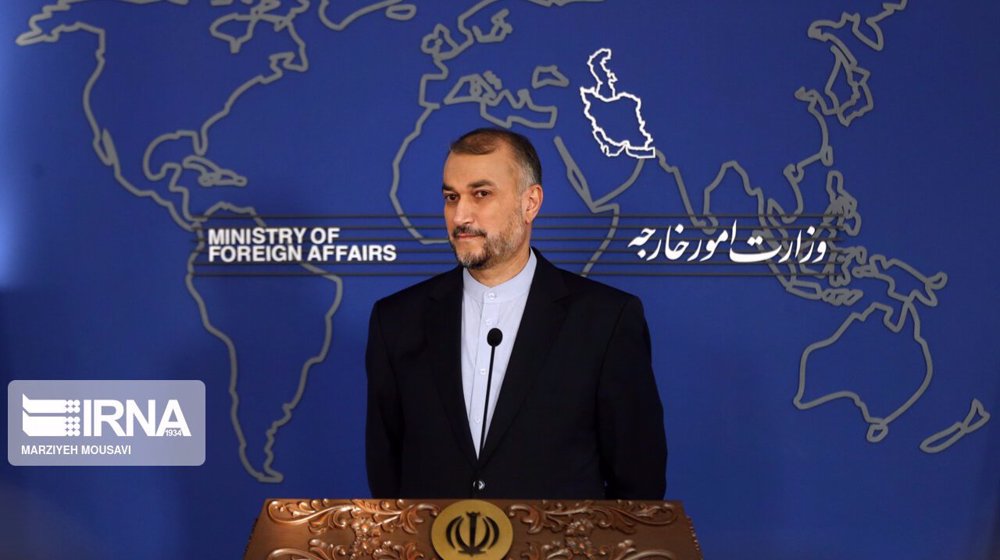
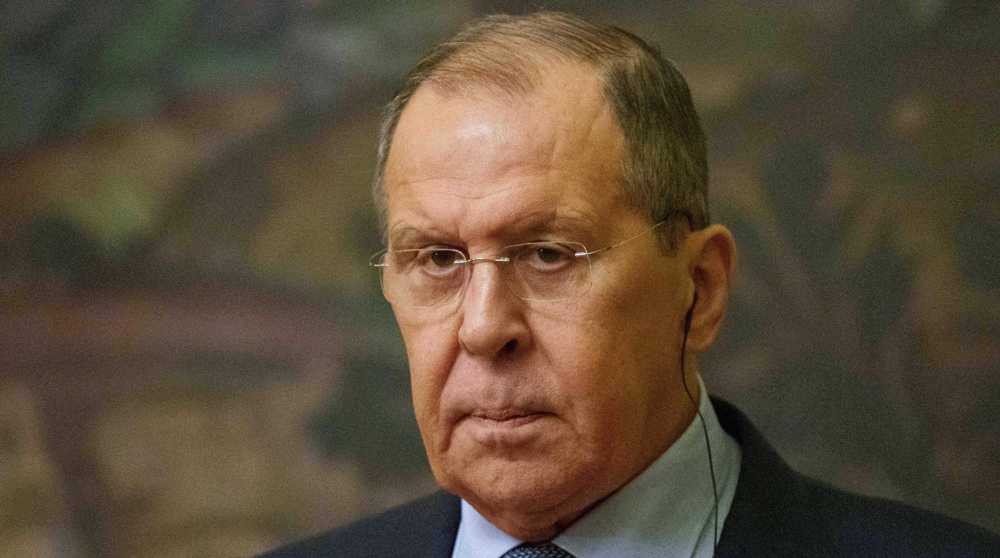
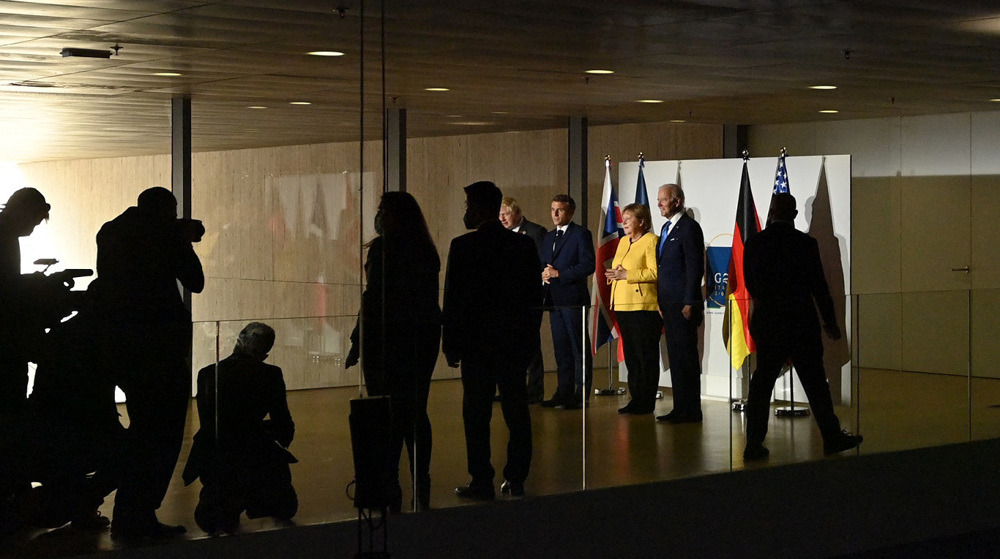
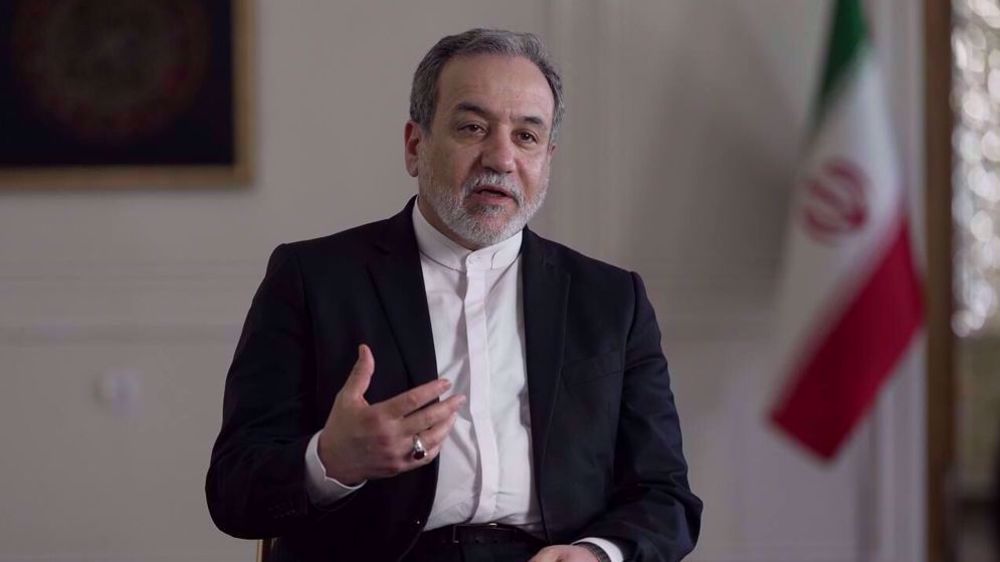
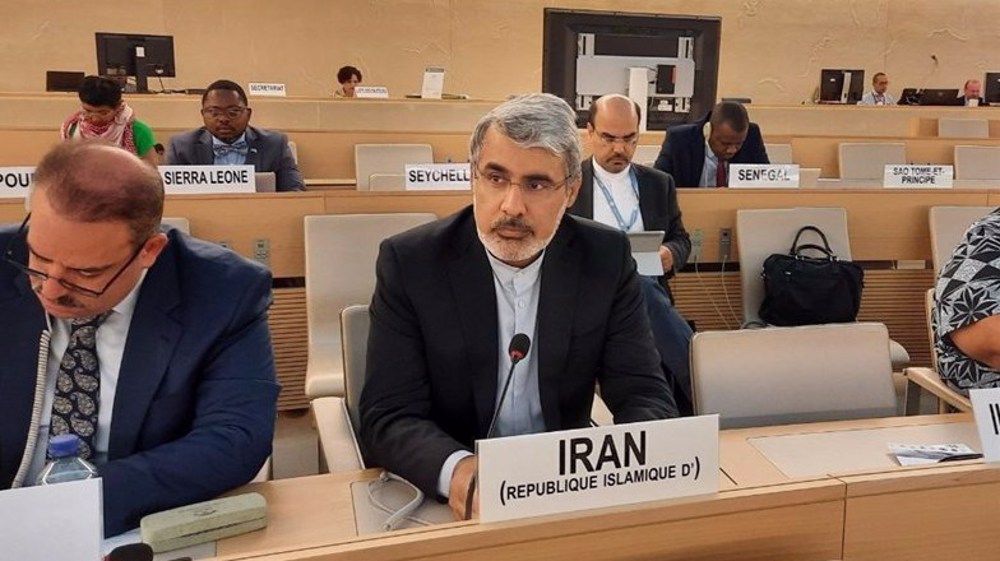
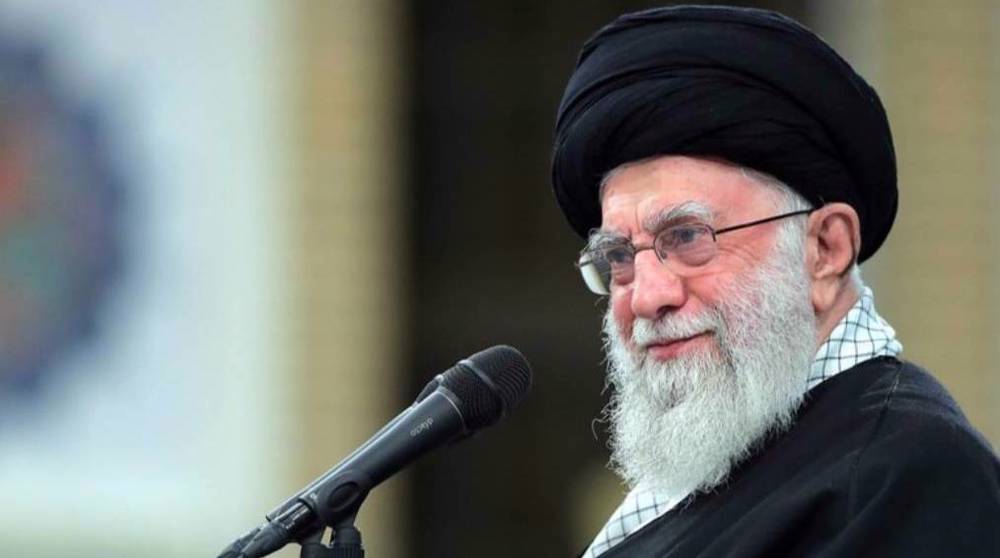



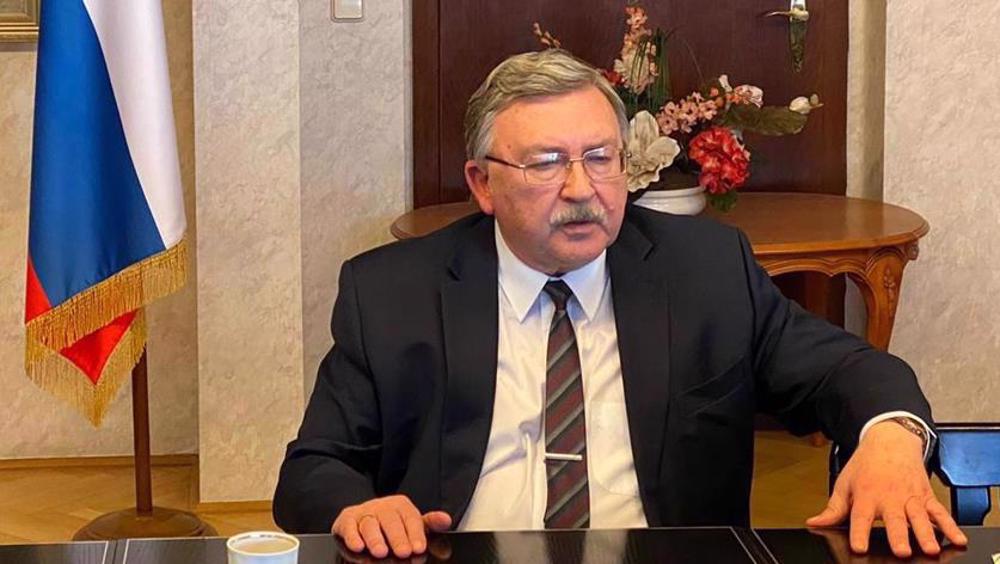
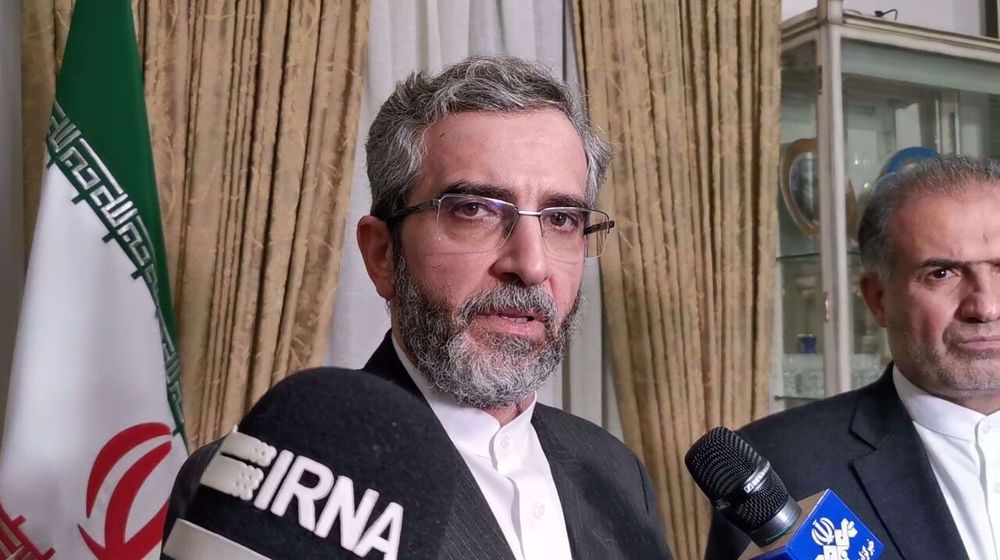
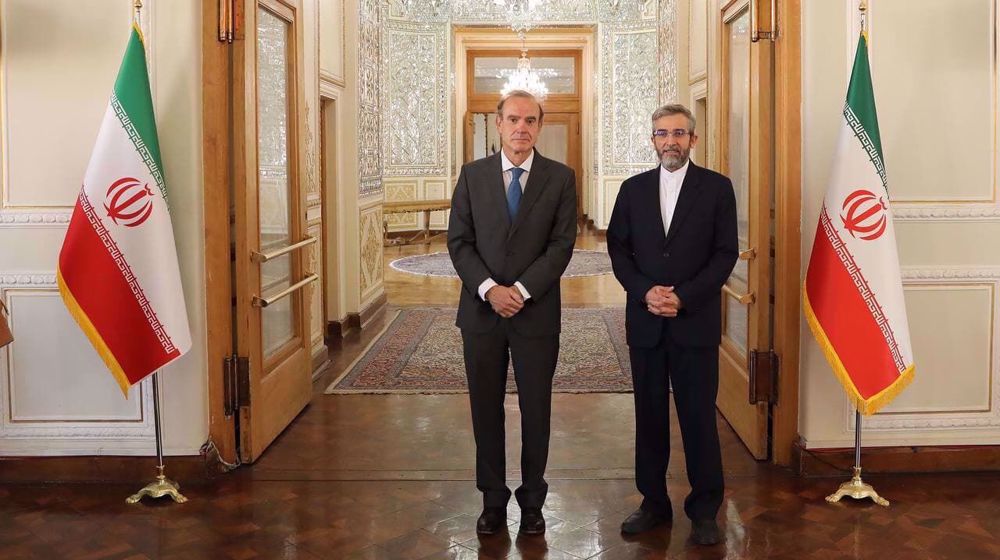
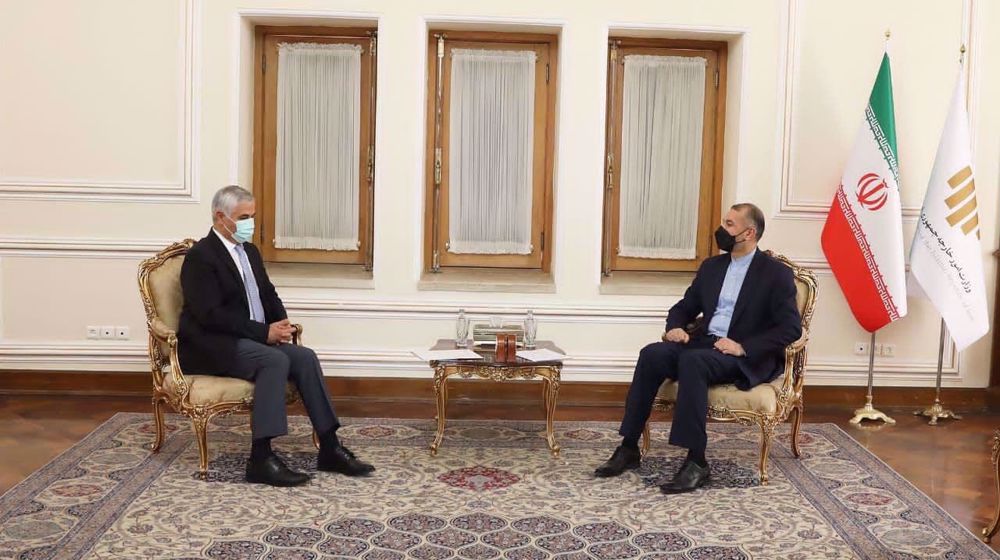
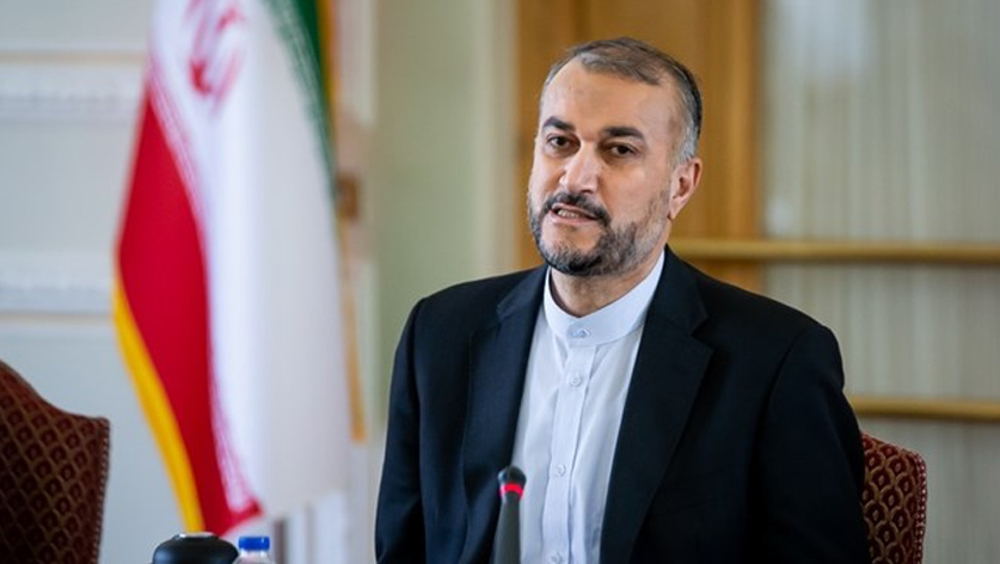
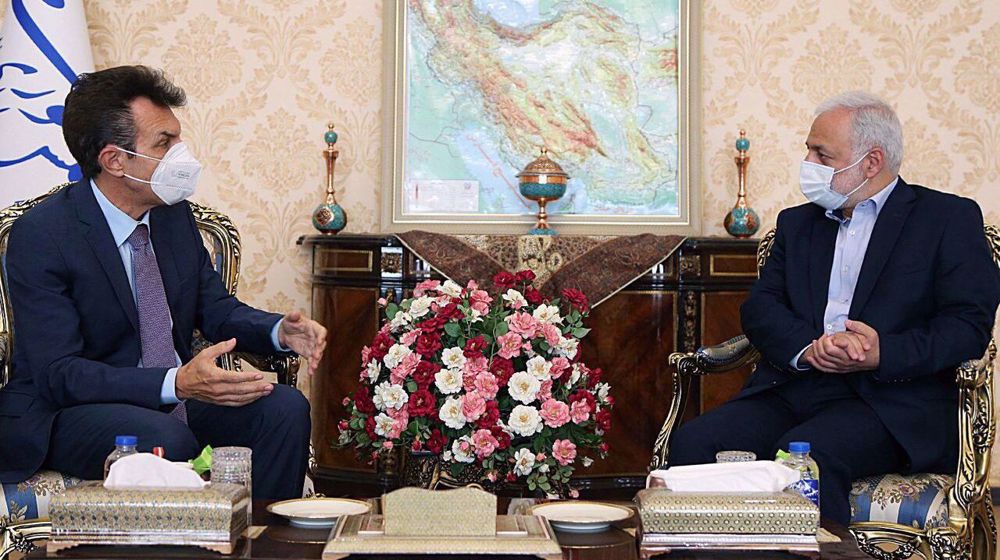
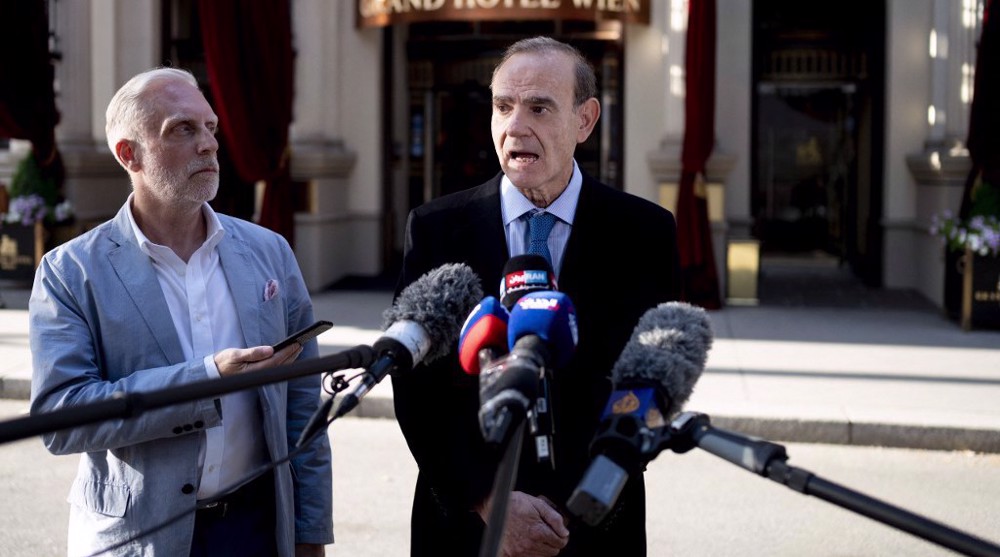
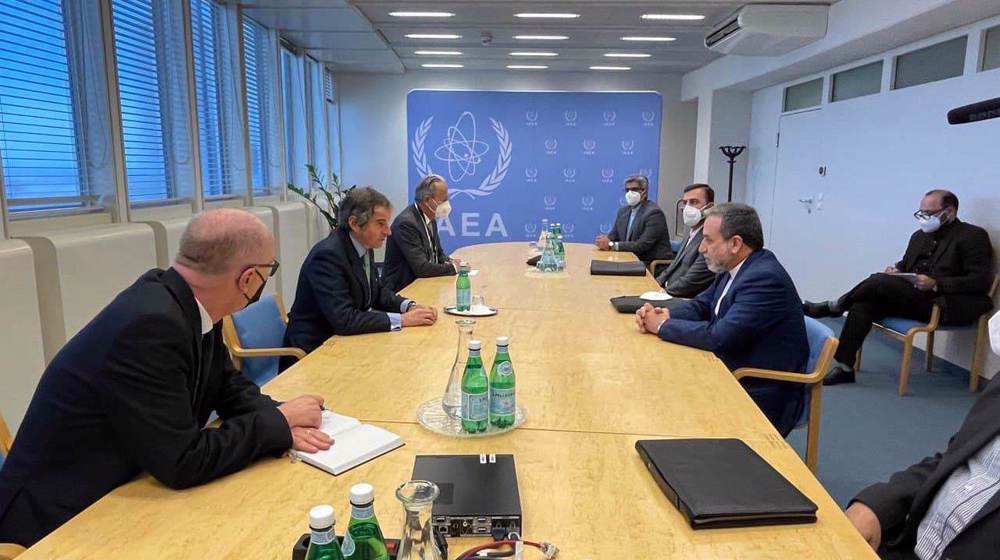


 This makes it easy to access the Press TV website
This makes it easy to access the Press TV website